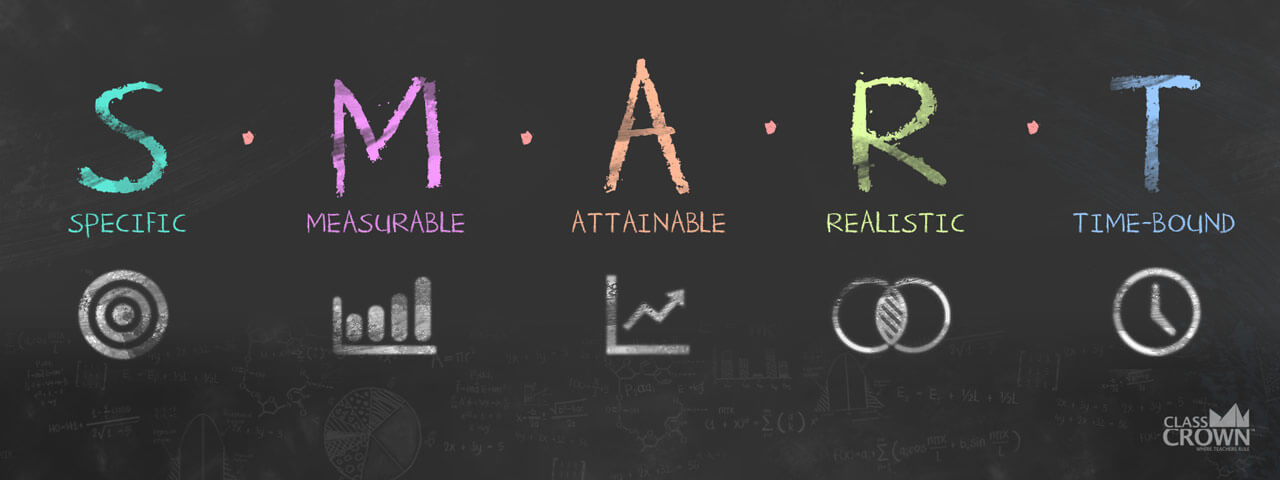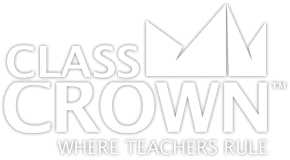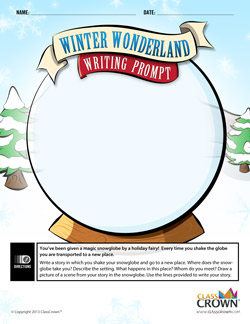
Motivation. Teachers know that the success or failure of a student depends mainly on motivation. Helping students set goals to do better on assignments, tests, etc. is one way to help them gain motivation and create a plan for improving their performance.
However, simply having students write vague goals such as, “I will do better on my next math test,” or “I will improve my chemistry grade this year,” will not be helpful. In order for a goal to be motivating it must have certain characteristics. One useful acronym for setting a good goal is SMART (Specific, Measurable, Attainable, Realistic, Time-bound). See our FREE SMART Goal Template for setting SMART Goals at the end of this post.
Poor Goal Example: I will improve my algebra grade by doing better on the tests.
SMART Goal Example: I will earn an 85% or better on my next algebra test, February 15.
Let’s examine each of these characteristics in more detail:
Continue reading




 As the winter break approaches, I find myself reflecting back on my first year of teaching. I taught in a low-income seventh grade math and science class and the first few months of teaching were difficult, to say the least. At times I even wondered if I would make it to Christmas. It seemed a monumental task. The week before break, I felt proud that I had made it as far as I had, elated to be getting a two-week break, and optimistic that I would begin the new semester with new ideas and a rejuvenated spirit. With these upbeat thoughts in mind, I remember that without realizing it, I began humming Christmas songs before the bell rang at the beginning of the last day before break. Several of my students entered the classroom early to escape the cold, and they smiled at me. One of them said, “Ms. L., you are so happy! You are humming! We’ve never seen you this happy.” Frankly, I was surprised at myself. After months of frustration, feelings of defeat, and more than few tears, I finally believed that I would make it to the end of the school year. With a fresh attitude and a bit more confidence, this day was a turning point for me. Though there were plenty of difficult days ahead throughout the rest of the school year, I think my students were surprised to see a new, happy side of me, rather than a harried, agitated version of me. It made all the difference.
As the winter break approaches, I find myself reflecting back on my first year of teaching. I taught in a low-income seventh grade math and science class and the first few months of teaching were difficult, to say the least. At times I even wondered if I would make it to Christmas. It seemed a monumental task. The week before break, I felt proud that I had made it as far as I had, elated to be getting a two-week break, and optimistic that I would begin the new semester with new ideas and a rejuvenated spirit. With these upbeat thoughts in mind, I remember that without realizing it, I began humming Christmas songs before the bell rang at the beginning of the last day before break. Several of my students entered the classroom early to escape the cold, and they smiled at me. One of them said, “Ms. L., you are so happy! You are humming! We’ve never seen you this happy.” Frankly, I was surprised at myself. After months of frustration, feelings of defeat, and more than few tears, I finally believed that I would make it to the end of the school year. With a fresh attitude and a bit more confidence, this day was a turning point for me. Though there were plenty of difficult days ahead throughout the rest of the school year, I think my students were surprised to see a new, happy side of me, rather than a harried, agitated version of me. It made all the difference.
